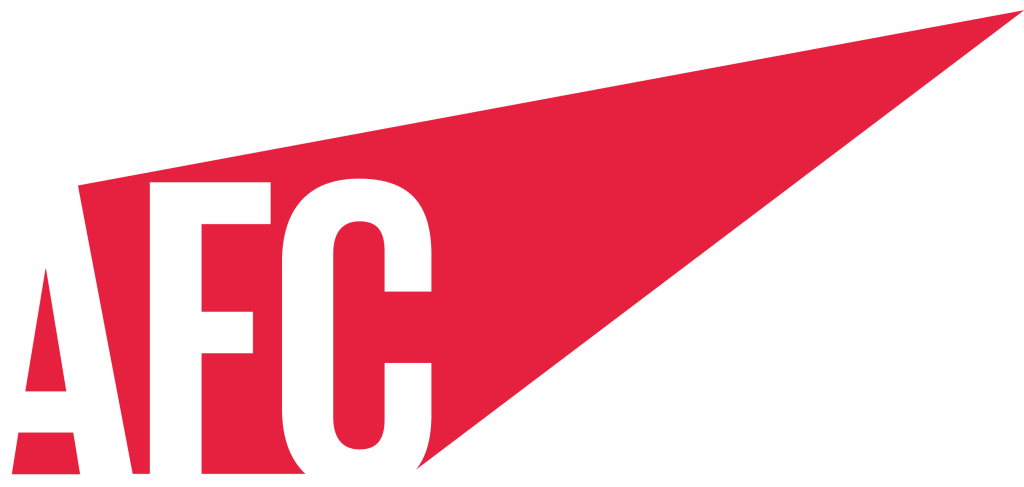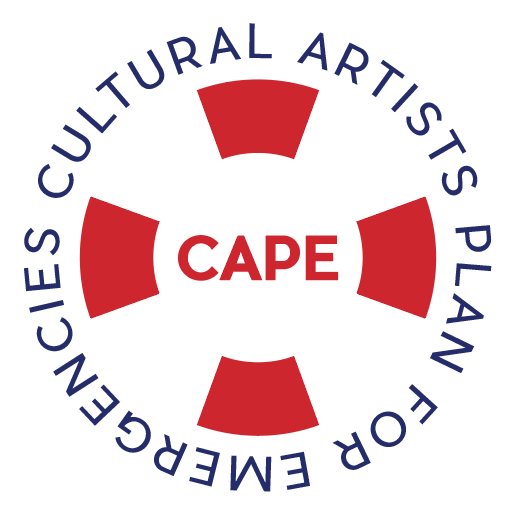Spotlight on The AFC & Cultural Artists Plan for Emergencies (CAPE) Fund
Even the most prepared of us can use a little help during uncertain and challenging times.
That was the focus of our November 8th information session, in which we highlighted the help and support offered to artists by The AFC and the local Cultural Artists Plan for Emergencies (CAPE) Fund.
About 30 participants (including visual artists, writers, producers, singers/songwriters and actors) took in the online session, which featured presenters David Hope, Executive Director of the AFC; AFC board members and actors Mary Walsh and Gordon Patrick White; and actor and producer, and CAPE’s theatre representative, Patrick Foran.
Titled "Career Sustainability Through Challenging Times,” the session provided some background on AFC and CAPE, who they serve and how they can help, and also included a Q&A portion.
Formerly known as the Actors’ Fund of Canada, The AFC helps Canadian entertainment professionals maintain their health, dignity and ability to work. They do this through a range of programs including Navigator (which connects arts and entertainment industry workers to mental health resources, programs and supports in their communities), Designated Sharing Time (a virtual space and peer support group where people can connect, collaborate and share their ideas and feelings), Mental Health First Aid Training (virtual training to learn how to offer support during a mental health emergency, with the next sessions taking place February 21 and 22), and a Financial Wellness program (which includes tools, workshops and resources to help build and maintain financial stability).
The AFC also provides short-term emergency financial aid to help with costs such as rent, groceries, medical expenses, bills and more in cases of illness, injury or other hardship. (See the PDF below for more information on these programs.)
Since becoming a member of The AFC’s board of directors, Walsh has witnessed the effects of both the pandemic and the SAG-AFTRA strike on the organization's membership (while the latter mainly affected U.S. industry professionals, it had a spillover effect in Canada as well, she said).
She’s impressed with how The AFC has stepped up to the plate time and time again, whether an emergency situation where someone was going to lose their housing, had an accident and ran out of support, or wasn't able to work and buy groceries due to the pandemic or strike.
"I just was so blown away by The AFC's ability to react so quickly to an emergency situation,” she said.
The organization, Walsh added, also plays a valuable role with connecting people to the right help or resources they may need. CAPE, she noted, also provides invaluable support to local artists who may be in need of emergency assistance. She hopes more people will come to know of the help and services that both groups offer.
White reiterated Walsh’s points, noting that through their emergency assistance, both groups also help by buying people time, which is sometimes the most helpful support of all.
“Sometimes when you're stunned by a tragedy, when you're stunned by an emergency, just a little bit of time is what you need to figure out where you go next. And organizations like this can help pick you up when you've been stunned and knocked down,” he said.
Foran provided more insight into CAPE, noting their volunteer board of directors also includes representation from the dance, music, film, visual arts and craft sectors, allowing them to connect with artists in all those communities who may be in need around the province.
CAPE’s artist emergency fund, he said, is a one-time fund that can provide up to $2,000 to cover cost of living expenses, regardless of artistic discipline, "to help an artist really buy a bit of time to figure out what to do next, and do so with privacy and with dignity."
CAPE was established in 2005 and became a not-for-profit around 2013, he said “and in that time has dispersed around $150,000 out to the community, supporting some 75 or so artists through those requests.”
During 2020’s “Snowmageddon,” he added, CAPE established a special program to help musicians who had lost gigs, assisting around 100 more artists.
"It's locally governed and it's there to help artists in this community who are in a jam and don't know what else to do."
Ultimately, said David Hope, he also hopes more people will become aware of The AFC and CAPE and what they have to offer, telling participants of the session "Our vision is a world where Canadian entertainment professionals are valued and supported.”
“Our whole raison d’être is to support you and your ability to do great work,” he added.
"Yes, emergency financial aid can help you in the short term but ultimately, we want people to live and work sustainably over the long term.”
To learn more about The AFC, visit AFChelps.ca. Scroll down The AFC's home page and join their mailing list to stay in the loop about programs, services, events, workshops and other opportunities. You can also follow them on Facebook, Instagram, X or LinkedIn.
To learn more about the CAPE Fund, visit them on Facebook.



